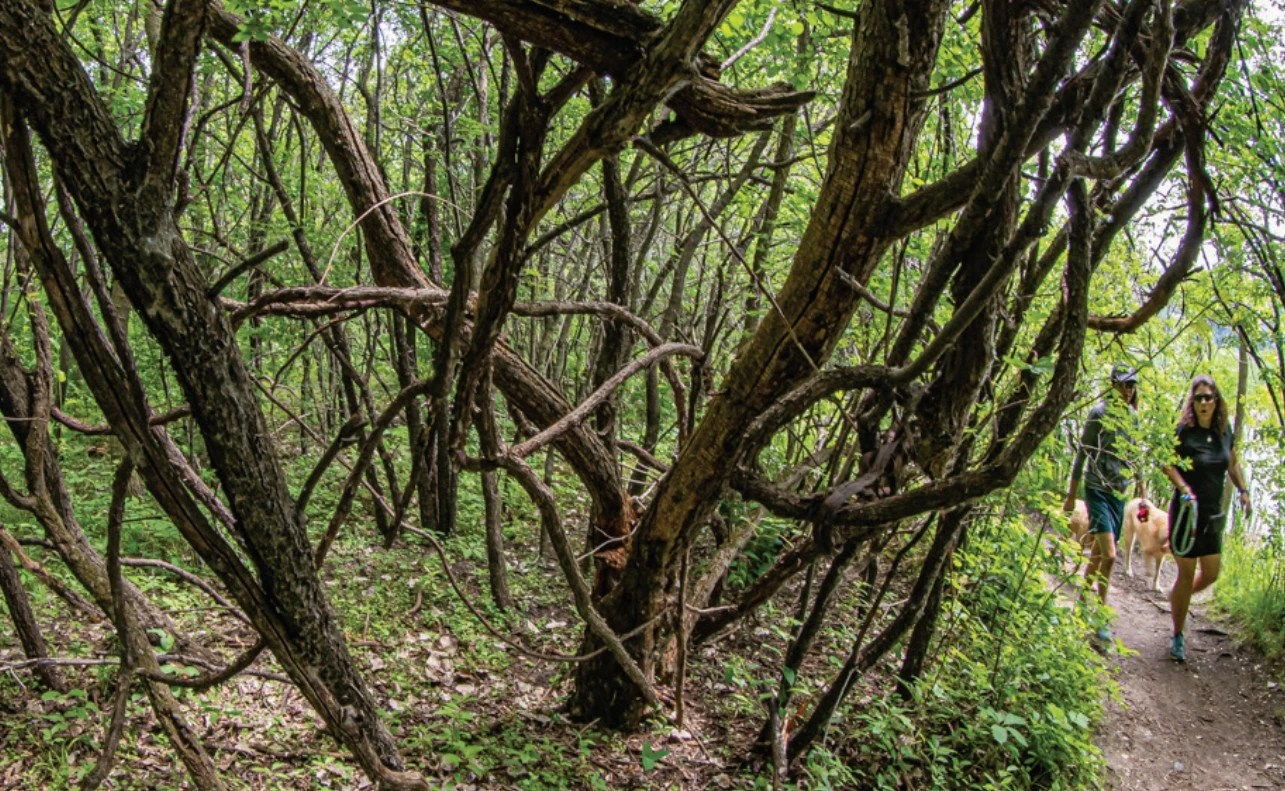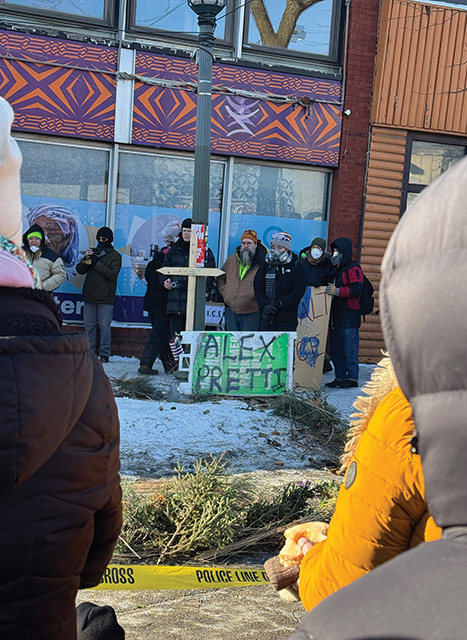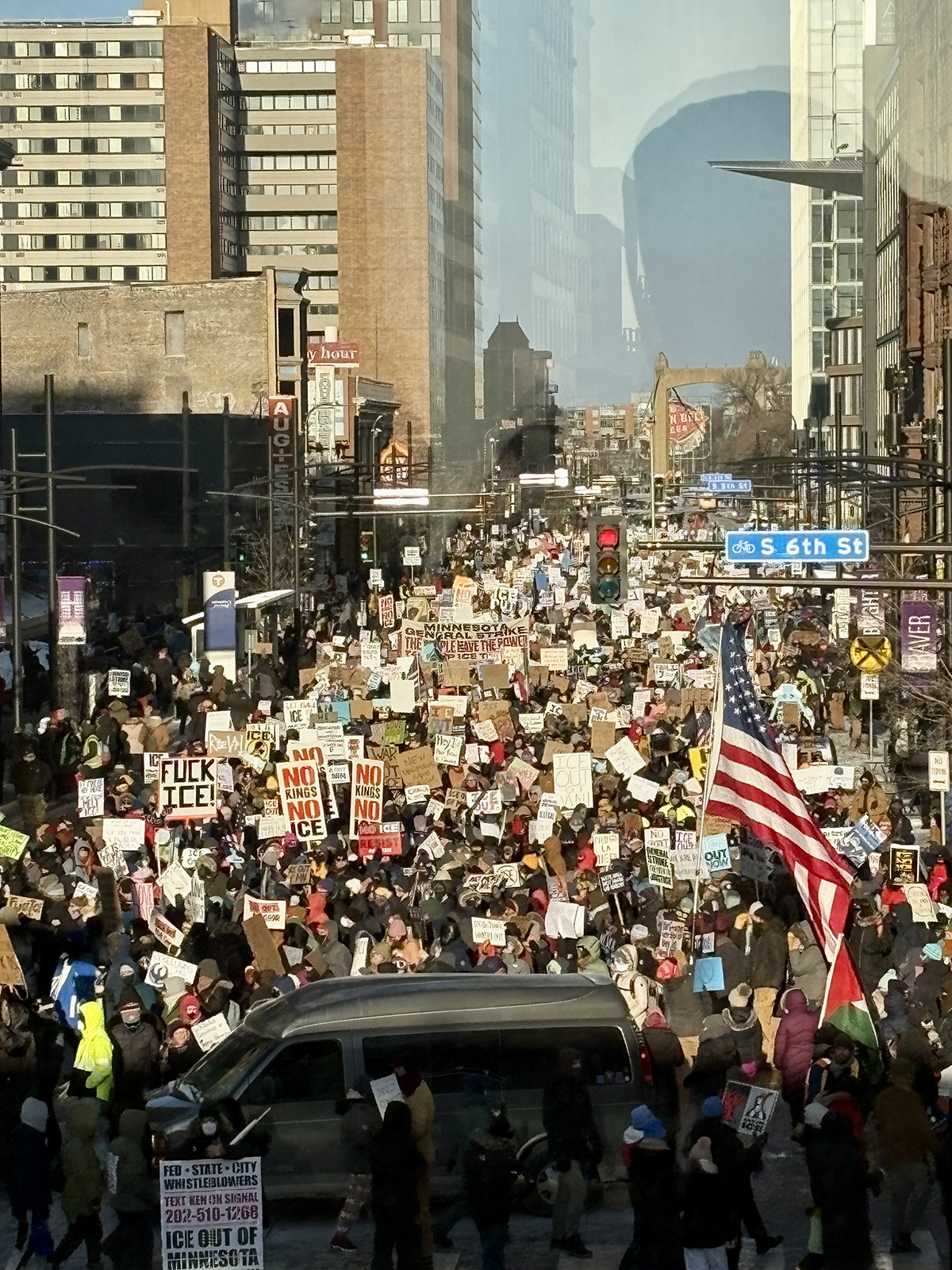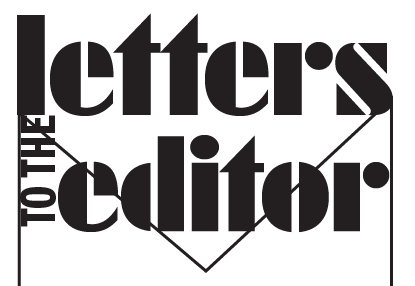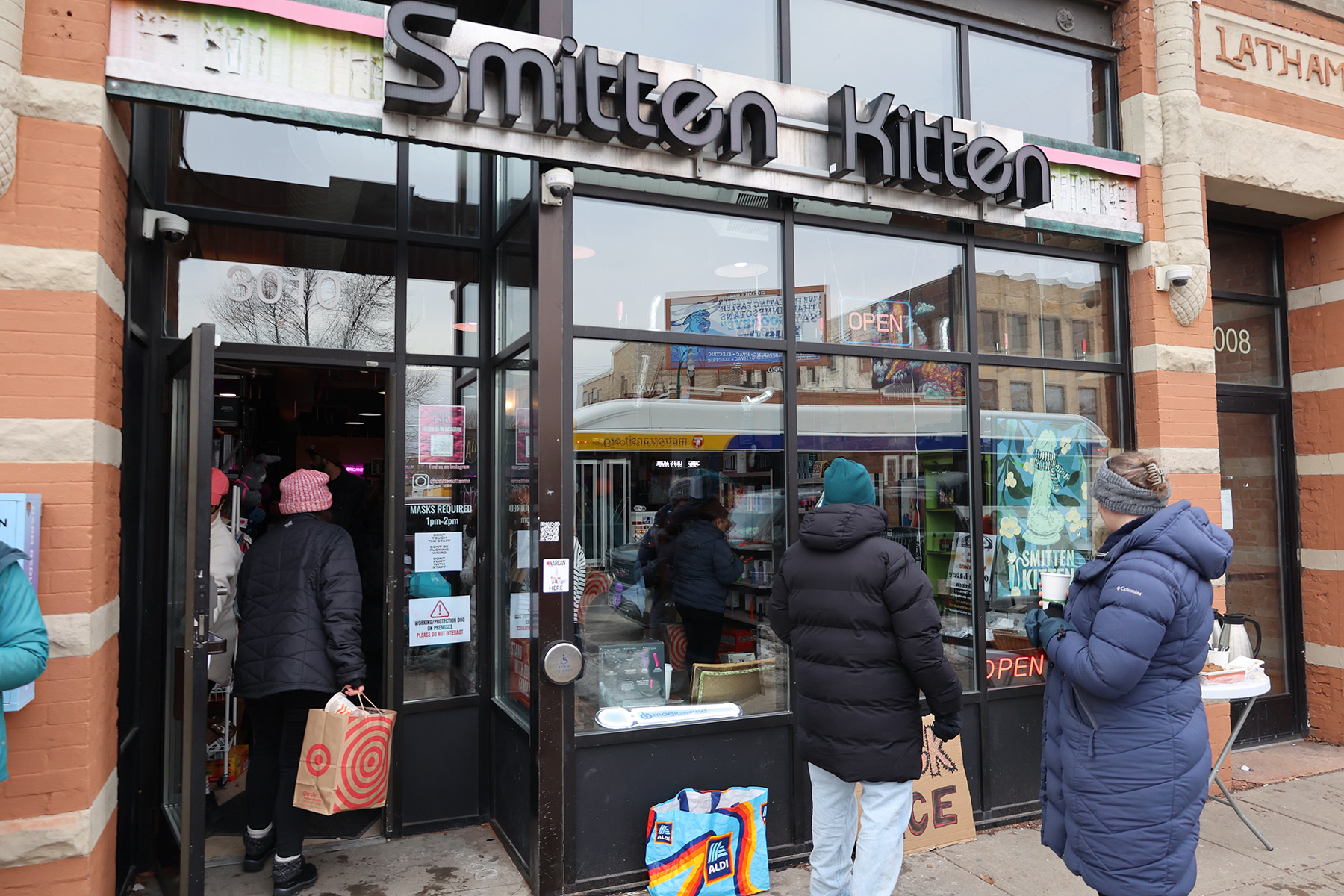The Minneapolis Park and Recreation Board’s most recent draft of the Integrated Invasive Pest Policy is open for public comment through June 14. The policy’s action simply states, “As a restricted noxious weed, buckthorn can no longer be planted or sold in Minnesota nurseries.”
Concurrently, the Park Board’s Natural Area Plan reads, "Ecological management is not routinely conducted by MPRB (Park Board) in portions of the Cedar Lake Park outside of the planted prairie; however, volunteers have been actively removing buckthorn and other invasive species from around the lake.”
That’s it. In the face of buckthorn, which essentially is a powerful and growing cancer destroying its host, the Park Board’s policy and practice is to ignore it and leave it to neighborhood volunteers.
By default, volunteers have become the backbone line of defense and offense against buckthorn.
Park stewards and their volunteer teams are filling a necessary void. They already cut, shuck and pluck buckthorn by its roots, multiple times a year in a multi-year process.
They already collaborate on knowledge and best practices. They already solicit and utilize private donations from local non-profits such as the Cedar Lake Park Association and Friends of Roberts Bird Sanctuary to purchase and plant native seeds and seedlings. They already coordinate volunteer group restoration activities. They already communicate with the public in person and via social media the needs and benefits of saving our natural areas.
Dear Park Board, buckthorn removal is no forest beautification project.
The community is fighting the battle but losing the war. Buckthorn has reached, if not decimated much of the Park Board’s 2,800 acres of natural areas whose mission it is to protect. Starved, choked and stressed, many of even the mightiest keystone Burr Oaks and Cottonwoods have fallen.
Buckthorn tree canopies block the sun’s rays from reaching native shrubs, grasses and wildflowers, while their roots absorb vital soil nutrients and moisture. They have no rival. Not even bugs or microorganisms live in or break down buckthorn. Uncontrolled, buckthorn destroys native areas, diminishes biodiversity and deteriorates the number of species that nest, live and seasonally migrate through the area. With buckthorn present, nature’s ways of filtering rainfall fail, degrading the quality of fresh lake and river water.
It’s time for the Park Board to step up, starting with a public policy that assumes a leadership role to address buckthorn.
The Park Board needs to protect valuable natural areas that are foundational to our whole park system. Short of cutting down our trees and putting them in a tree museum, our park system will inevitably fail without healthy, vital natural areas.
The existing buckthorn policy is environmentally dangerous, socially destructive, fiscally irresponsible and managerially negligent. Moreover, the policy and practice that leaves buckthorn to be managed by volunteers is socially, economically and geographically inequitable. When the park board relegates its responsibility to protect natural areas to volunteers, areas without volunteers unjustly suffer.
Park stewards try to save the natural areas closest to where they live. And while they would love to save other parts of the city – and the whole world for that matter – Park stewards can only do what they can do. The work is already overwhelming.
The Park Board needs an actual policy to address buckthorn. Failure to do so could end up having all of us pacing the new Park Board development sadly singing Joni Mitchell's wise lyrics: "Don't it always seem to go. That you don't know what you got 'til it's gone?”
